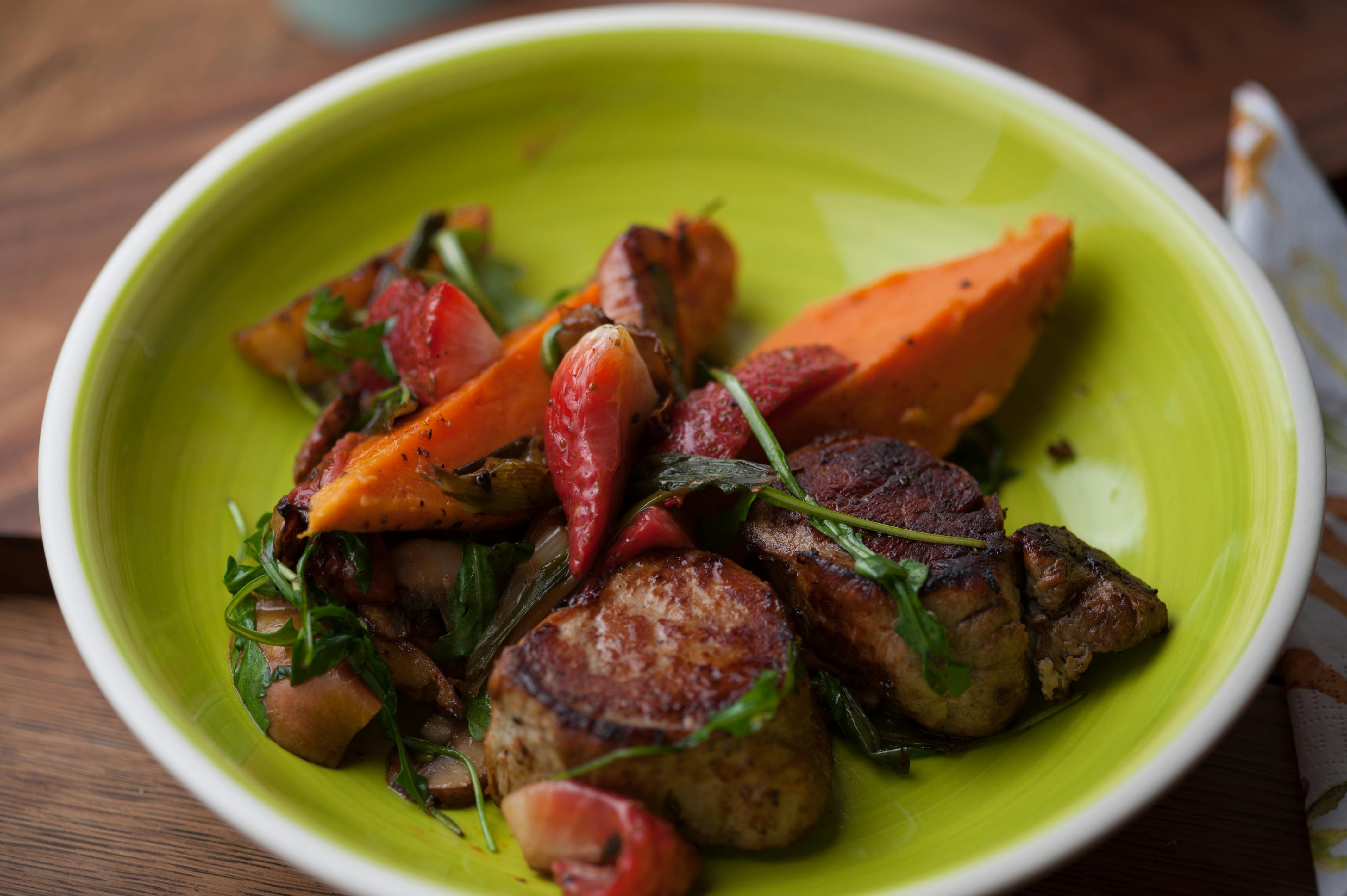
Exploring the Delicious Delights of Colontourism: A Culinary Journey Through the Worlds Colonies
Exploring the Delicious Delights of Colontourism
A Culinary Journey Through the World's Colonies
Traveling the world to explore its culinary treasures is a must-do for any food lover. From the floating markets of Thailand to the street vendors in Mexico, there’s always something new and intriguing for your taste buds. But why stick to the familiar choices when you can indulge in the lesser-known delicacies of colonial cuisine? Colontourism, the practice of exploring the culinary influences of former colonies, is gaining popularity amongst food enthusiasts.
The concept of colontourism arises from the fact that colonial powers from Europe invigorated local economies through colonization of various parts of the world. Although colonization was a brutal imposition, it was not all bad as colonization introduced new vegetables, spices, herbs, fruits, and livestock to the different colonies. African, Asian and Latin American countries now boast unique hybrid cuisines that revel in the influence of former colonizers' tastes and cooking techniques.
Some of the most popular cuisines borne out of colonization include Peruvian, Vietnamese, Indian, and South African. In Peru, you can explore the fusion of Inca and Spanish culinary traditions through dishes like ceviche (raw fish marinated with lime juice and chili peppers) and lomo saltado (stir-fried beef with onions and tomatoes). Vietnamese cuisine benefits from the influence of French cookery in dishes like bánh mì (baguette sandwich) and Pho (hearty noodle soup).
India offers a wealth of regional dishes that are a testament to British influence. During the colonization period, Indian cooks had to adapt traditional recipes to suit the taste of the British. The result was dishes like chicken tikka masala (grilled chicken in a creamy tomato-based sauce). South Africa’s Cape Malay cuisine a hybrid of Indian, Indonesian and European flavors presents delights such as bobotie (meatloaf with Malay spices and fruit chutney topping).
Colontourism offers food lovers an immersive experience that encompasses more than just a dish. It’s also an educational opportunity that highlights the historical context of the cuisine. Many restaurants and cooking schools now specialize in colonial cuisine, offering classes on how to prepare the dishes, and sourcing authentic ingredients used in the regions.
In conclusion, Colontourism is a new way to explore the culinary diversity present in our world and to appreciate it in its true form. While colonization was a dark period in the history of many nations and brought certain negative influences, there are some good aspects to be celebrated, such as the fusion of different cuisines. Colontourism offers a unique opportunity to appreciate the different cultures that come together to create delicious delicacies that we can all enjoy!
